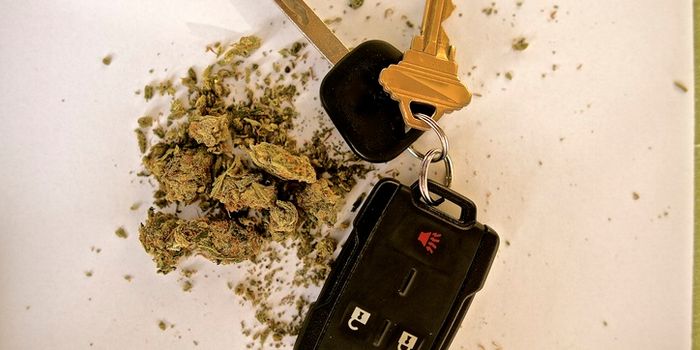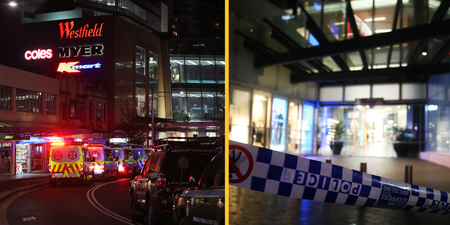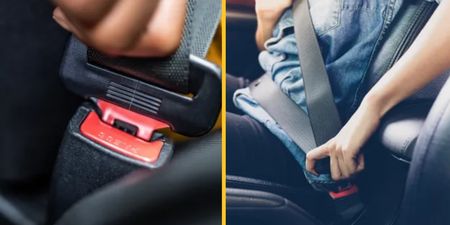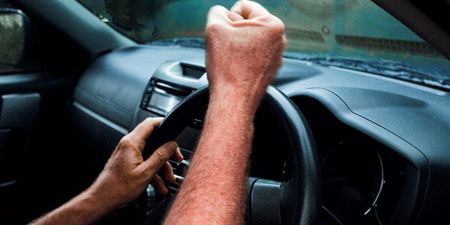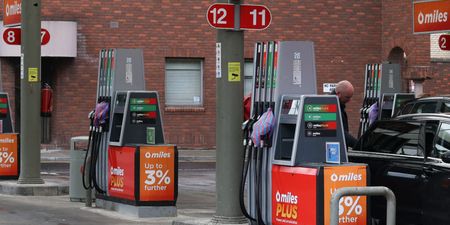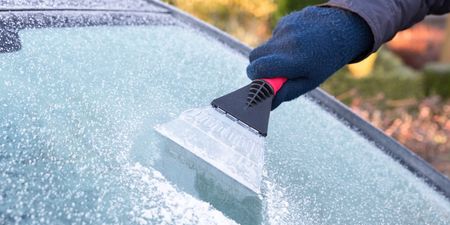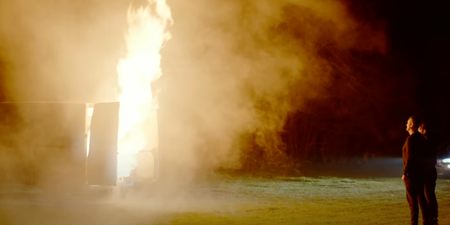Cannabis showed up in just under seven out of 10 positive roadside drug tests in a period of over two years.
Cannabis is now not far behind alcohol in blood and urine samples examined by the Medical Bureau of Road Safety (MBRS) in positive drug and alcohol roadside tests on Irish motorists.
Figures unveiled at the Road Safety Authority’s (RSA) annual academic lecture on Monday revealed that drug driving is a major problem on Irish roads, highlighted by the number of positive tests since testing for drug driving was introduced in 2017.
Between April 2017 and July of this year, 68% of drivers with a positive roadside drug test had a positive test for cannabis, followed by cocaine, which showed up in 37% of samples in positive tests.
At the lecture, preliminary results from a collaboration between the RSA, Health Research Board (HRB) and MBRS looking at the presence of drugs amongst 310 driver and motorcyclist fatalities from 2013-2016 revealed that:
- 11% had a positive toxicology for at least one benzodiazepine
- 8% had a positive toxicology for cocaine
- 7% had a positive toxicology for cannabis
For driver fatalities with a positive toxicology for at least one of the drug categories examined in the study, 86% were male and just over half were aged between 25 and 44.
Speaking at the lecture on Monday, Professor Denis A. Cusack, Director, Medical Bureau of Road Safety, said there was a need for increased drug testing of drivers at Garda stations and also warned of the dangers of driving while under the influence of prescription drugs.
“Prescribable and over the counter drugs are also a real problem and mirror taking of drugs and medications in Ireland,” Cusack said.
“However, this must be seen in context – the presence alone of these drugs in your system is not necessarily a problem, it is when it causes impairment in driving. Drivers with medical conditions should continue to take their prescribed medications in accordance with healthcare advice and medical fitness-to-drive guidelines. If you experience impairment, speak to your GP or pharmacist.”
Commenting on the findings revealed at the lecture, Minister for Transport, Tourism and Sport, Shane Ross said: “Driving under the influence of drugs has been a statutory offence since 1961 but it wasn’t until 2017, with the introduction of Preliminary Drug Testing, that we had a drug testing device capable of testing for the presence of drugs in drivers at the roadside and in the Garda station.
“It’s clear that its introduction has resulted in an increase in drug driving detections, but the results presented today show that a continued enforcement and education effort is required to tackle this killer behaviour.”
This week (7-13 October) is Irish Road Safety Week (IRSW), with numerous road safety activities planned nationwide.
More information on IRSW is available here.
